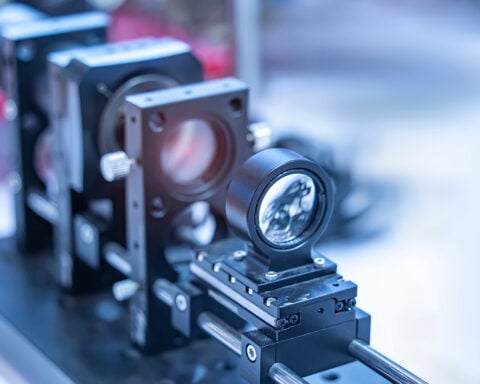In a groundbreaking development, an Australian research project has secured a substantial grant from the National Intelligence and Security Discovery Research Grants Program to advance the field of artificial intelligence.
The ambitious project, led by Associate Professor Adeel Razi from Monash University’s Turner Institute for Brain and Mental Health, in collaboration with Melbourne-based startup Cortical Labs, aims to create a remarkable fusion of human brain cells with silicon chips, known as “DishBrain.” This cutting-edge technology has the potential to revolutionize machine learning and usher in a new era of AI-powered devices.
A Leap Forward in Biological Computing
The primary objective of the research project is to grow an astonishing 800,000 human brain cells on silicon chips, a feat that promises to push the boundaries of current AI systems.
DishBrain’s uniqueness lies in its ability to imitate the plasticity and adaptability of the human central nervous system, surpassing the performance of traditional silicon-based hardware. The integration of biological and artificial elements enables continuous learning and adaptation without erasing existing knowledge.
Surpassing Conventional AI Systems
Incorporating human brain cells into computing offers several advantages that could disrupt the AI industry. DishBrain aims to achieve “continual lifelong learning,” a capability currently beyond the reach of conventional AI systems.
While existing AI technologies encounter limitations in their learning capacity, DishBrain’s biocomputing approach opens doors to constantly acquiring new skills and adapting to novel tasks. Moreover, this technology boasts greater energy efficiency compared to purely inorganic counterparts.
Implications and Collaborations
DishBrain’s potential applications extend far beyond AI, with implications in diverse fields such as planning, robotics, advanced automation, brain-machine interfaces, and drug discovery, among others. This revolutionary technology could provide Australia with a significant strategic advantage on the global stage.
The groundbreaking project is a result of seamless collaboration between Monash University’s researchers and Cortical Labs, a forward-thinking biocomputing startup. Building on their success in showcasing “synthetic biological intelligence” in the classic computer game Pong, the team is now poised to take DishBrain to unprecedented heights.
Generous Grant Fuels Research
Recognizing the immense potential of DishBrain, the National Intelligence and Security Discovery Research Program awarded the research team a generous grant of nearly $600,000 AU (approximately $400,000 US).
This financial boost will accelerate progress toward creating AI machines that emulate the learning capacity of biological neural networks. The grant will also support scaling up the hardware and methods necessary for DishBrain to become a viable replacement for traditional in silico computing.
A Glimpse into the Future
The implications of DishBrain could reshape the technological landscape significantly. From drones and wearables to autonomous vehicles, devices powered by continual learning may usher in a new era of innovation. Although there is much work to be done, the funding received is a testament to the project’s promise.
Should DishBrain prove successful, it could redefine AI and revolutionize countless industries, cementing Australia’s position at the forefront of technological innovation. As the world looks to the future, the ultimate learning machine awaits its moment to shine.







